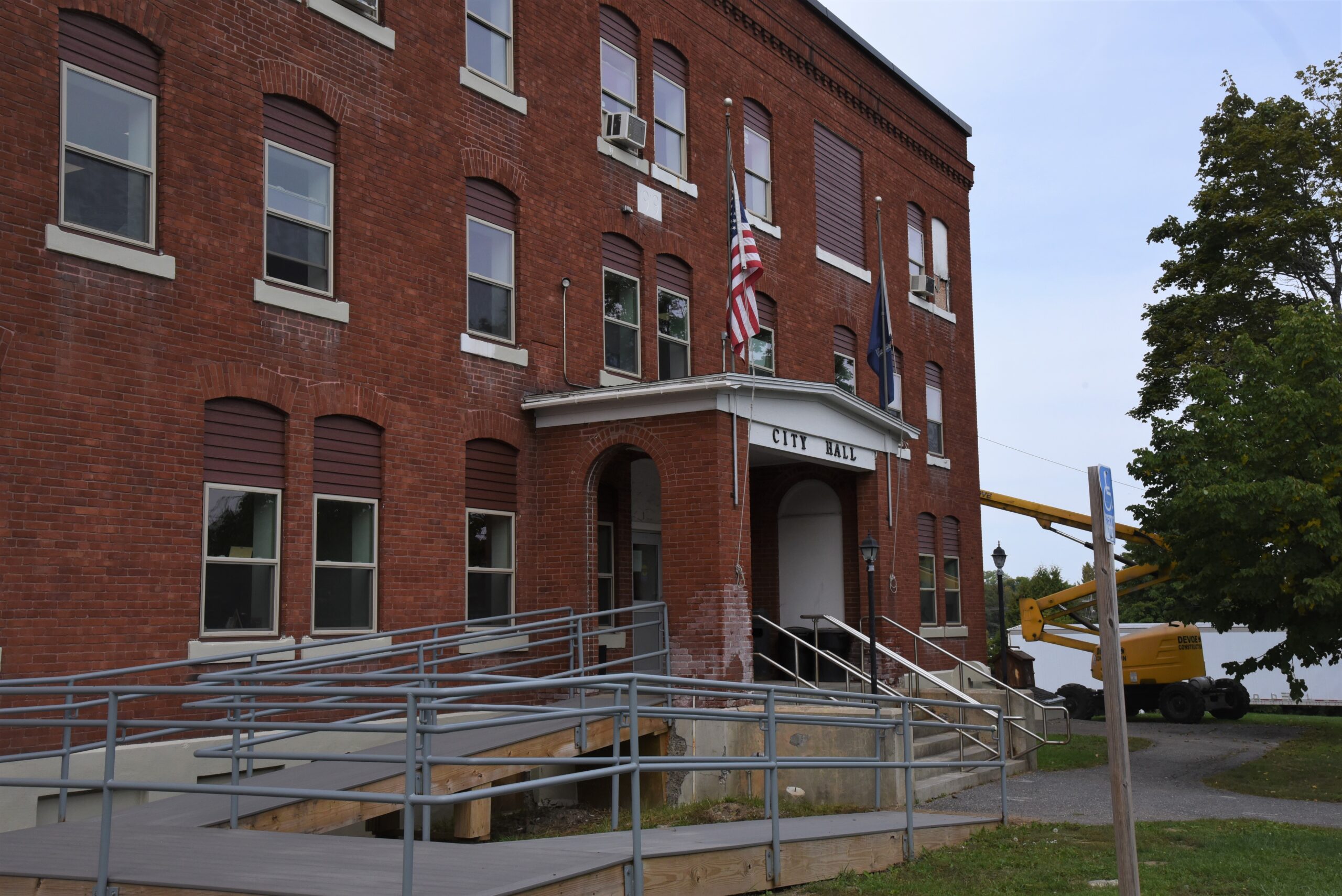PRESQUE ISLE, Maine — If Presque Isle adopts a non-commercial livestock ordinance, it would likely be the first County municipality to clarify whether people can keep chickens, rabbits or other livestock on their property.
Following a discussion lasting more than an hour, the Presque Isle City Council decided on Feb. 16 to examine an amendment to its land use and development ordinance before its next meeting.
In November 2021 Maine became the first state to pass a constitutional amendment guaranteeing the right to food for Maine residents to grow and harvest at their homes. Concerned with what they see as vague language in the legislation about residents’ rights to keep their own livestock, the Presque Isle Planning Board crafted the amendment last fall. If passed, it would define the number and weight of animals residents can keep on their property.
In August 2022, Code Enforcement Officer Tim St. Peter heard of three cases of residents buying chickens. This prompted the city’s Economic and Development Office and Planning Board to pursue the amendment.
“As the city attorney, if I get a call from code enforcement that they are getting complaints about chickens, I would say, ‘What does the ordinance say?’” said Richard Currier, Presque Isle attorney.
He has received similar complaints from Bridgewater, Mars Hill and Madawaska, but nothing could be done because there was no land use and development ordinance addressing livestock in residential areas that hadn’t been signed into law, he said.
To his knowledge, no community has really adopted an ordinance to deal with the non-commercial keeping of livestock, Currier said, recommending councilors adopt the amendment.
Under the current ordinance, no permit is needed. Residents are allowed an adult livestock weight total depending on their property acreage. They must remove animal waste every seven days via trash since composting is prohibited in residential areas.
The amendment would require residents in the urban compact zone of Presque Isle to obtain a permit from the code enforcement officer to keep non-commercial livestock for food purposes. They would need to pay a $100 application fee and $150 public hearing fee, then present their livestock plan to the zoning board.
Residents in the Airport Hazard and Agricultural Farming and Forestry zones would only need to seek approval from code enforcement, and would not need to go before the zoning board.
The amendment would require non-commercial livestock to be fenced in, with no animals running at large. The structure should be an enclosed hutch or coop, following the specifications outlined by the University of Maine Cooperative Extension.
Residents would also be responsible for rodent and vermin mitigation with chew-proof containers for all food and treats. Table scraps would need to be taken care of before dusk with coops being closed to keep vermin out.
The amendment also states residents cannot sell food generated from the livestock. It is to be for their own use.
If a violation is reported to code enforcement, a resident would have 10 days to respond with a plan to remedy the situation. A second violation would allow them five days to respond. If no response is received after the second violation, the city would refer to their attorney for prosecution.
The amended ordinance would ensure there are uniform standards for dealing with backyard livestock, Currier said.
“We are faced with a new law passed by public referendum to the right for food,” said Planning Board chair Bruce Roope. “If we don’t put some rules and regulations in place to control this, we’re going to see a lawsuit.”
Roope referred to the recent lawsuit involving Sunday hunting as one example, currently the only lawsuit of its type.
Councilors opted to examine application fee and zoning board procedures and tabled the amendment until their April meeting.








